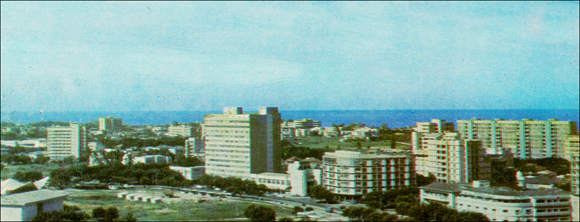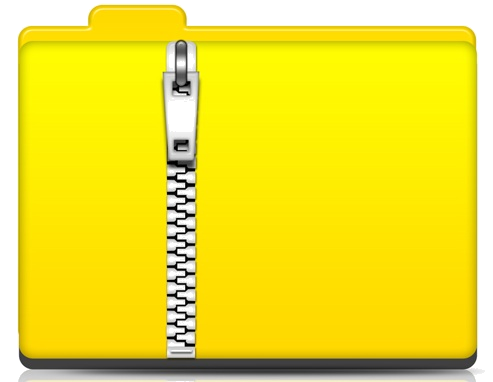The Conflict with Renamo, 1976-1992
«May 1986»
Dossier MZ-0020
![]()




![]()
75. The Mozambican Conflict Destabilises the Whole Southern African Region; Renamo Office Opens in Washington DC

Above: A panoramic view of the city of Beira. Landlocked Zimbabwe's interest in Mozambique's domestic conflict was determined by its reliance on access to Beira port along the Beira Corridor for imports and exports, especially for the tobacco crop. Apart from any ideological sympathy, this was the main practical reason for Zimbabwe's military involvement. Photo: Revista Tempo.
After the encouraging advances of the previous year, it had become clear by mid-1986 that a straightforward military solution was unachievable by the FPLM, but equally that Renamo by itself was incapable of overthrowing the government. The costs to neighbouring countries were high: a constant influz of displaced persons, disruption of trade corridors (such as the one from Beira to Mutare), worsening of bilateral relations (Machel openly accused Malawi of supporting the rebels), and so on.
The Zimbabwean Minister of Information, Nathan Shamuyarira, accused the US government of supporting banditry in southern Africa by allowing Renamo to open an office in Washington DC. The US embassy in Harare responded by pointing out that "an American citizen" with an office in Washington had indeed opened an office from which he "claimed" to represent the rebel movement, but this activity did not require government approval.
![]()
Click on the yellow folder image below to download an unsorted zipped archive of documents and press clippings in PDF format concerning the conflict between the Mozambican government and the MNR/Renamo in May 1986.
![]()



![Aluka: Struggles for Freedom [subscription required] Struggles for Freedom](imgs/aluka_200.png)



